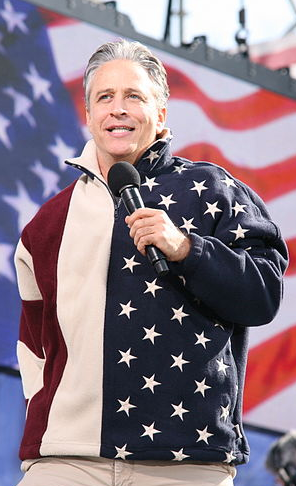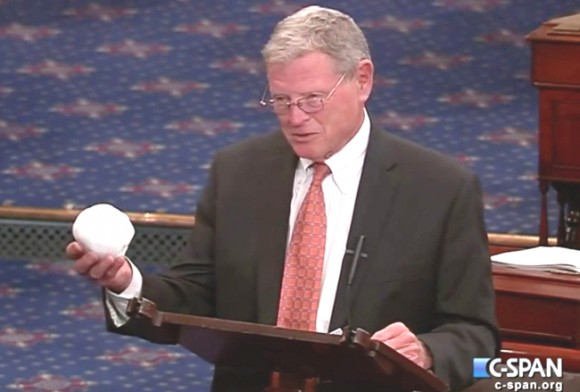aNewDomain — Don’t talk about politics or religion. That’s good advice in polite company.
People are religious about their politics, political about their religion. Either one is a great way to start a fight you didn’t mean to have, and it can start off pretty innocuous.
When you write, though, you kind of have to leave polite company behind. Doesn’t much matter what you’re writing; politics and religion are going to come up. Because they’re part of the world we live in, part of life. Without making any truth statements about things metaphysical, we still live in a world ordered by which churches people go to and what color t-shirt they wear on election day.

Maybe that’s why Stephen King wrote this, in his Memoir of the Craft:
“If you expect to succeed as a writer, rudeness should be the second-to-least of your concerns. The least of all should be polite society and what it expects. If you intend to write as truthfully as you can, your days as a member of polite society are numbered, anyway.”
I’ve been accused before of being political. In class, in my blogs here at aNewDomain, even in my novels. I never mean to. It’s just that the facts of the matter brush up against peoples’ cherished beliefs or affiliations. It is easy to seem partisan, especially as so many things that don’t seem like politics, and maybe shouldn’t be political, really are.
Take the idea that certain people in the United States aren’t making it. We have a racism problem. Now if you point out that we have unequal opportunity, despite the fact that the objective measures seem to agree, that’s a political statement.
American Liberalism seeks to promote social welfare with public programs; American Conservatism seeks to create a level playing field by reducing legal interference and letting the free markets sort everything out.
Well, at least ideally.
Both parties take donations and end up representing corporate interests. But there is an objective truth here. On social issues, the science tends to support liberal positions. On economic issues, science tends to support conservative ones – generally effect sizes are much smaller than one would expect given what is reported in the media, but still.
Raising the minimum wage, for example, really does result in some degree of job loss in the economy – but this tends to be balanced, overbalanced, by the fact that people can then support theirselves on just one job.

It’s easy to pick on conservatives. Jon Stewart has made millions at it. Republicans, in particular, kind of make it easy because they have to pander to a base that holds some objectively silly ideas.
Liberal and conservative, in the United States, don’t really mean what they do everywhere else in the world. Our political system distorts things.
As a writer, am I obligated to always be balanced, or is it enough merely to be fair? That is, if I point out that even though most Republicans are not overtly racist, if someone in politics is saying racist stuff they’re generally Republicans …
If I say that, and it’s objectively true, then do I have to balance that statement by pointing out that racist Democrats also exist?
Is it partisan to be critical when the criticism is well-supported by facts?
What if I were to go the other way: most times a politician is being tried for corruption, they’re a Democrat.
Do I then have to go on and point out that corruption also exists in Republican circles? That it is endemic to the business of politics, and the only corruption we can even prosecute meets a really narrow standard of provability as quid pro quo?
I don’t like politics and I try not to do politics. But sometimes it is unavoidable. The facts of the matter clash with positions. That some Americans get an unequal start is not a political statement, except that people of one party have to play to a base of older-than-average white men who don’t want to hear otherwise.
If you examine party platforms, racism, sexism and religionism are never planks in those platforms (well, almost never; state governments from time to time try to establish Christianity as the state religion).
It is individual campaign statements and the broad themes of political “news” that enshrine particular ideas as politically ideological.
The science supports quite convincingly that we are a racist nation, and a sexist one. That isn’t politics. Science is pretty clear at this point that human-caused global warming is happening, happening fast, and accelerating.
That isn’t a political statement.

They become political statements when they are used as talking points or “political footballs.”
On the Red side of the aisle, admitting the facts of the matter appears to be politically toxic. Republican candidates get re-elected only if they toe the line: racism is dead, the only remaining racism is against white folks, and climate change is a hoax.
I can’t believe the people making absurd statements (such as, Global warming can’t be real because there is snow on the ground outside) actually believe those statements.
They say these things because they must say them to get re-elected. Pass the purity test. Convince the voters they’re sincere. We can even watch these evolutions take place, from sane moderate to extremist.
Look at the 2012 Romney campaign. The man who invented the Affordable Care Act was forced to disavow it because Republicans turned it into a football. Named it Obamacare and made it seem like the worst thing to ever happen to America.
That’s all political, but I didn’t make it that way. Those are the facts of the matter.
Here’s the thing. I had this thought earlier, kind of an angry thought actually: When did saying the truth as you see it become a political act?
And the immediate counter-thought came about: it has always been. Saying what you think is true is an inherently political act. It is claiming the right to free speech guaranteed by the first amendment.
Saying things you think are true is a political act, but it isn’t politics. That is, being as truthful as you can based on the apparent facts in evidence is not the same as trying to make one side win or the other lose. That’s politics. And in politics, you have to say what you think people want to hear – at least long enough to get voted in.
In other words, it is political but not politics to say what you think is true. It is politics to say things you know are not true for political purposes.
For aNewDomain, I’m Jason Dias.
Image 2/cover image: Jon Stewart, Wikipedia.org
Image 3: Sen. James Mountain Inhofe (R-OK), via ecowatch.com












